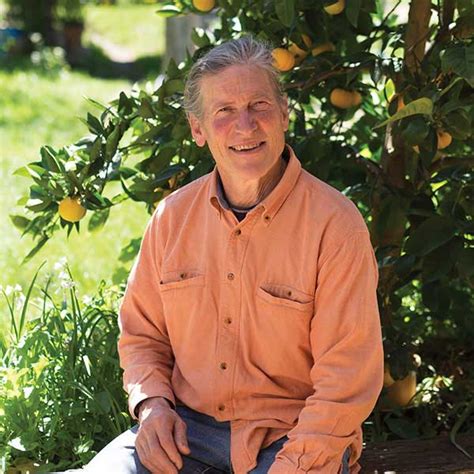A Quote by Jon Meacham
While we remain a nation decisively shaped by religious faith, our politics and our culture are, in the main, less influenced by movements and arguments of an explicitly Christian character than they were even five years ago. I think this is a good thing - good for our political culture.
Related Quotes
In the French culture, they talk politics. I didn't find it was part of our culture to have political arguments at the table. My husband's family will get into major politics, and it's not an aggressive thing. It's so interesting and you learn so much, whether it's Right or Left, and that to me has been really great.
There is a calamitous difference between a people who have been immersed in paganism for centuries and a post-Christian society. While the culture of the latter may carry a deep tradition influenced by Christian values, its posture of rebellion will give it a direction that is more explicitly and consciously anti-Christian.
We're very good at talking about the individual in American politics and excellent at talking about the government. But we have little ability to even acknowledge everything that exists in the middle, and given how influential politics is on every other part of our life, I think that failure of discourse is pretty corrosive to our overall culture.
I went into politics thinking that, if I made arguments in good faith, I'd get a hearing. It's a reasonable assumption, but it's wrong. In five and a half years in politics up north, no one really bothered to criticize my ideas, such as they were. It was never my message that was the issue. It was always the messenger.
In the consumer culture of marriage, commitments last as long as the other person is meeting our needs. We still believe in commitment, because we know that committed relationships are good for us, but powerful voices coming from inside and outside tell us that we are suckers if we settle for less than we think we need and deserve in our marriage. Most baby boomers and their offspring carry in our heads the internalized voice of the consumer culture-to encourage us to stop working so hard or to get out of a marriage that is not meeting our current emotional needs.
If you understand it from an ecological or sustainability perspective, agriculture is the primary way we meet most of our needs, and it's the greatest form of human intervention on our environment. It has intimately shaped our culture as powerfully as industrial modernity, but for ten thousand years rather than two hundred.
[If] we can celebrate that in a way that celebrates our love for New England as well as our love for the Italian culture as well as the American culture, then we've done something that's really good and supporting these fishermen who are doing the right thing in sustainability . . . paying attention to make sure we don't overfish our world.



































